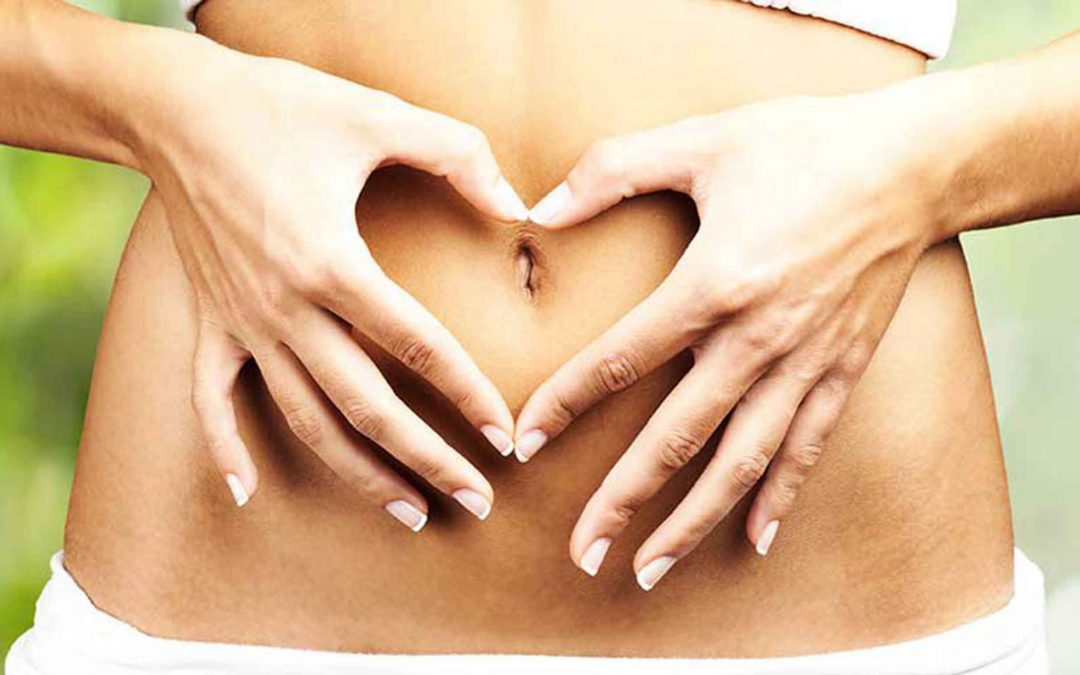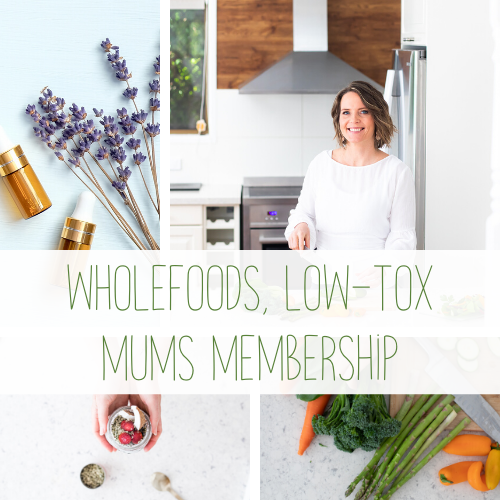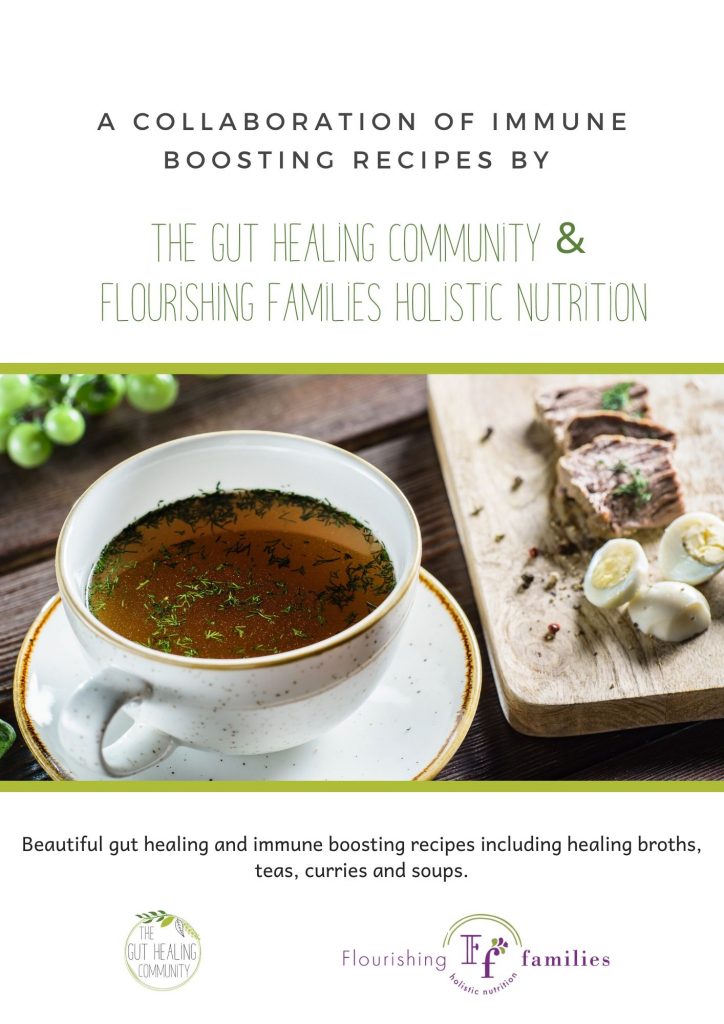Eat a Wholefoods diet
Transition to a wholefoods-based, nutrient-dense diet. Think veggies, fruit, organic/grass fed ethically sourced meats, wild caught fish, eggs etc. Nuts and seeds can come after you are a little further on in your healing.
Identify and remove foods that are causing inflammation. Think processed/packaged foods, preservatives, additives and fake-foods for a start. And then tune in to your body and start to eliminate the wholefoods that are effecting your individual health, strategically – keep a food and symptom diary. You will reaact differently to particular foods than those around you. Working with an amazing practitioner will help you to do this right.
Add prebiotic fibres in to your diet
Eat plenty of prebiotic (fermentable fibres), found in foods such as artichoke, onions, garlic, and plantains. These fibres fuel the growth of beneficial gut bacteria and help heal leaky gut. Unless of course these things cause you to experience pain, gas and bloating. If this is you then you need to see a recommended practitioner to help you address this.
Eat/drink fermented foods
Fermented foods are rich in probiotics that help restore a healthy gut microbiota and intestinal barrier. Unpasteurized sauerkraut, kimchi, kombucha, yogurt, and kefir provide a range of probiotics. Note – make sure you’re not suffering with histamine intolerance before increasing your intake of fermented foods.
Stay tuned for my affordable fermenting program coming soon – Fermenting For Families. You can pop your name on the waiting list here to be the first to know when it comes out!
In the meantime, here’s a couple of my recipes to get you started: Beetroot & Ginger Kvass, Zingy fermented mango pops.
Identify Intestinal Pathogens
Gut infections are an important cause of gut dysbiosis and leaky gut. Gastro-Intestinal mapping and stool tests can identify specific bacterial, fungal, or parasitic imbalances causing gut dysbiosis.
Develop a healthy sleep routine
Yep! Sleep is mentioned again. Get seven to eight hours of high-quality sleep a night to support your gut health. Reduce late night exposure to blue light stimulation (screen time) and your gut will have time to heal!
Get regular exercise
Exercise boosts well-being by improving circulation, improving digestion and therefore enhancing your gut health. Both bacterial diversity in the gut and regular exercise are important when it comes to overall health.
Manage Stress
A troubled brain can inform the gut, and a troubled gut can inform the brain. A recent study found that high levels of stress can affect gut bacteria to a similar degree as a high processed fat diet; while other studies have shown that reducing the number of bacteria in the gut can produce stress-induced mood disorders. Increasing fibre, and therefore increasing SCFA’s by-products made by probiotic bacteria, helped reduce anxiety.
Want some free gut healing and immune boosting recipes to help you on your healing journey? Just click this link and we’ll have them delivered straight to you inbox!





